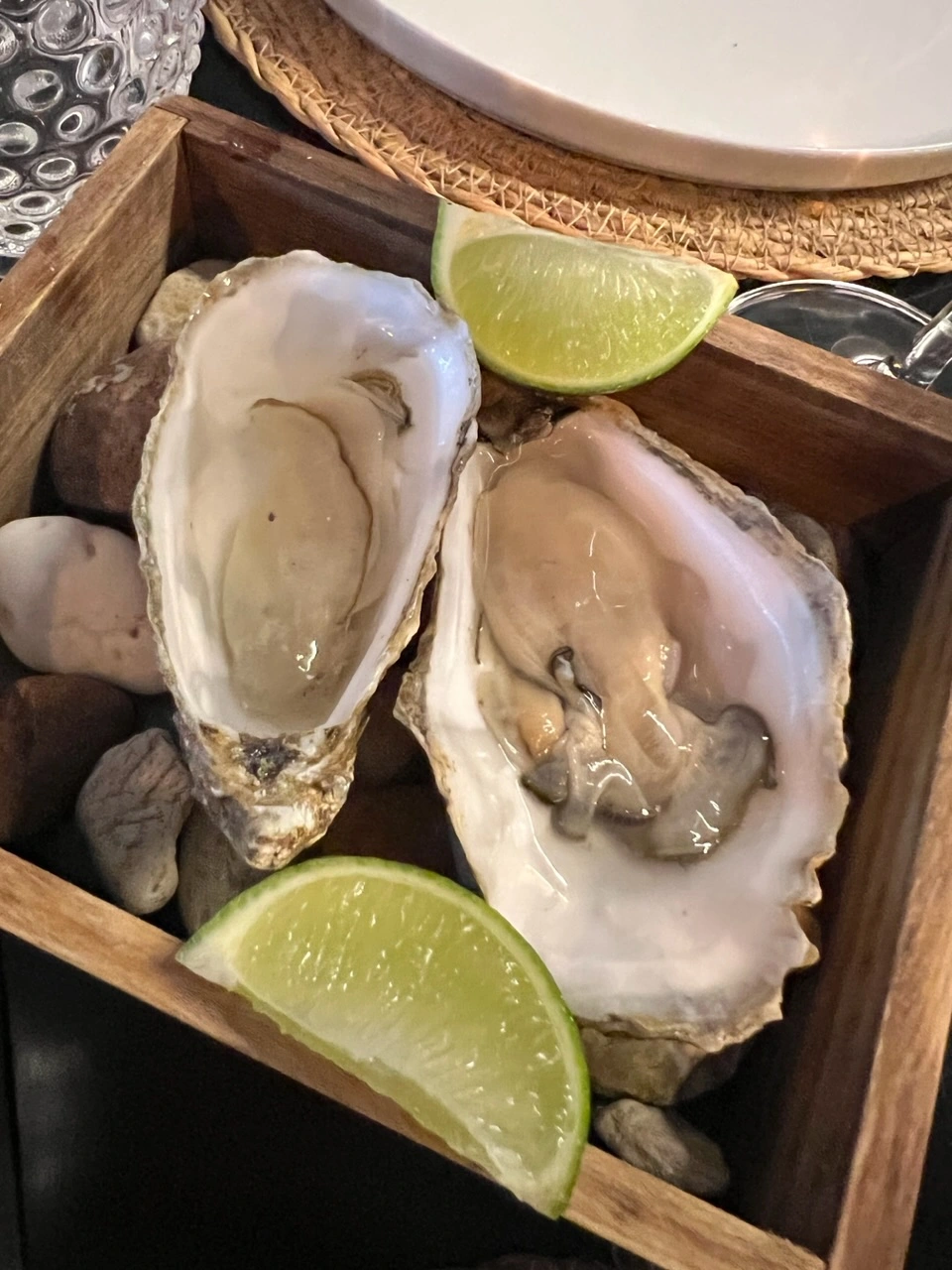Doctors who treat Covid describe the ways the illness has gotten milder and shifted over time to mostly affect the upper respiratory tract.
Doctors say they’re finding it increasingly difficult to distinguish Covid from allergies or the common cold, even as hospitalizations tick up.
The illness’ past hallmarks, such as a dry cough or the loss of sense of taste or smell, have become less common. Instead, doctors are observing milder disease, mostly concentrated in the upper respiratory tract.
“It isn’t the same typical symptoms that we were seeing before. It’s a lot of congestion, sometimes sneezing, usually a mild sore throat,” said Dr. Erick Eiting, vice chair of operations for emergency medicine at Mount Sinai Downtown in New York City.
The sore throat usually arrives first, he said, then congestion.
As a person who is on the tail end of COVID infection, this describes my current symptoms.
These symptoms lasted nearly a month after my covid infection.
Same for me as well
I simply had the worst sore throat I’ve ever had. No congestion. Then I lost my sense of smell for about 6 months. That was awful. Very grateful it came back.
So is there any real way to say if this is because of widespread vaccination or because the virus itself has lost some lethality genes
Not a scientist, but I’d guess mostly B, maybe helped along with some of A.
The goal of a virus is to replicate, and it does that better when it’s less lethal
Just a very small correction- as with all biology, natural selection will drive a virus to replicate more effectively, that’s it. This does NOT mean a virus will automatically become less lethal over time. That’s an older hypothesis that scientists found was not in line with observation.
The newer hypothesis is known as “virulence-transmission trade-off”. The oversimplification of the idea is that if a mutation increases both transmission and virulence, it will also tend to be selected for. COVID is inconsistent with both hypotheses in certain ways though, so really predicting its virulence in the short or long term has proven difficult. Source: https://www.ncbi.nlm.nih.gov/pmc/articles/PMC10066022/
The old idea isn’t wrong per se, lower lethality is a good survival trait. It just has to be weighed against the value of transmission, which would intuitively have a much higher value. In covid, the lethality rate is even less inpactful because it is contagious for a relatively long period before the host would suffer severe illness. But low lethality is still a good thing, and in such a widespread disease one would still expect that trait to become more pronounced eventually. That doesn’t mean it necessarily would, statistically likely doesn’t mean certain, especially if a particular mutation gave it a substantial bump to both traits it may never be selected out for example. But the current trend seems to be a result of this likelihood.
Lethality is only a significant limiter when the population decreases enough that the virus has significant oroblems finding bodies as hosts. The human population is global with freedom to move globally. Lethality was never a limiter for covid, and won’t be without much higher Lethality rates.
Doubly so when it can cross species’. Covid could kill every person on the planet, not care two shits about it, and just hop over to deer, dogs, cats, rodents, etc.
I know it effects deer, so I’d suspect the rest of the ungulates. I wouldn’t be surprised if it can effect a large swath of mammelia.
The “old idea” is actually baked into one of the parameters of the new model. It’s why I said the old hypothesis “was not in line with observation” rather than being “wrong”. It predicted some trends correctly, but failed to predict many others. Like all science, it needed to update as we gathered more info.
The “new” hypothesis also isn’t perfectly predictive of viral evolution, but it’s more accurate with the observed spread of other diseases. Like all models, it’ll get replaced eventually by something more powerful. Likely sooner rather than later specifically because COVID put a spotlight on a lot of holes in the idea.
Viruses don’t have goals. You are anthropomorphizing them. What viruses do is mutate. If mutations have more fitness, they will spread more effectively. That says nothing about mortality nor morbidity. With this disease it spreads in the early stage, which long before the person who has caught it either dies, recovers, gets long COVID, etc.
It’s not anthropomorphizing, it’s abstraction and it’s incredibly common in evolutionary science to speak in this manner.
The downvotes you are getting are stupid. This is exactly correct.
True yeah, but it was kind of a “no shit” response.
It helps that it already killed millions of the more susceptible early on before immunity started.
Not sure how statistically significant this is in the overall numbers, though.
That was the basic progression when I had it a few months ago if you add fever and chills.
Is this propaganda? My wife just recovered from covid and it knocked her on her ass. Yes upper respiratory was true, but nausea, fever, fatigue, fainting, body pain, loss of taste all happened
Just because an individual case doesn’t fit the trend does not automatically make the news propaganda.
There will always be outliers in any population distribution, your wife being one it seems. This is talking about the general outcome now.
I’m not sure you know what propaganda means
I think what they are trying to say is that harsh reactions are becoming less common. Which is good for everyone. Although it can still affect people a lot, like it affected your wife.
Although it could be propaganda, at this moment I hope it’s the former.
I just wouldn’t want people to get the impression that it’s nothing, or that it’s like a common cold. My wife is really happy to be alive. I was really scared of losing her.







